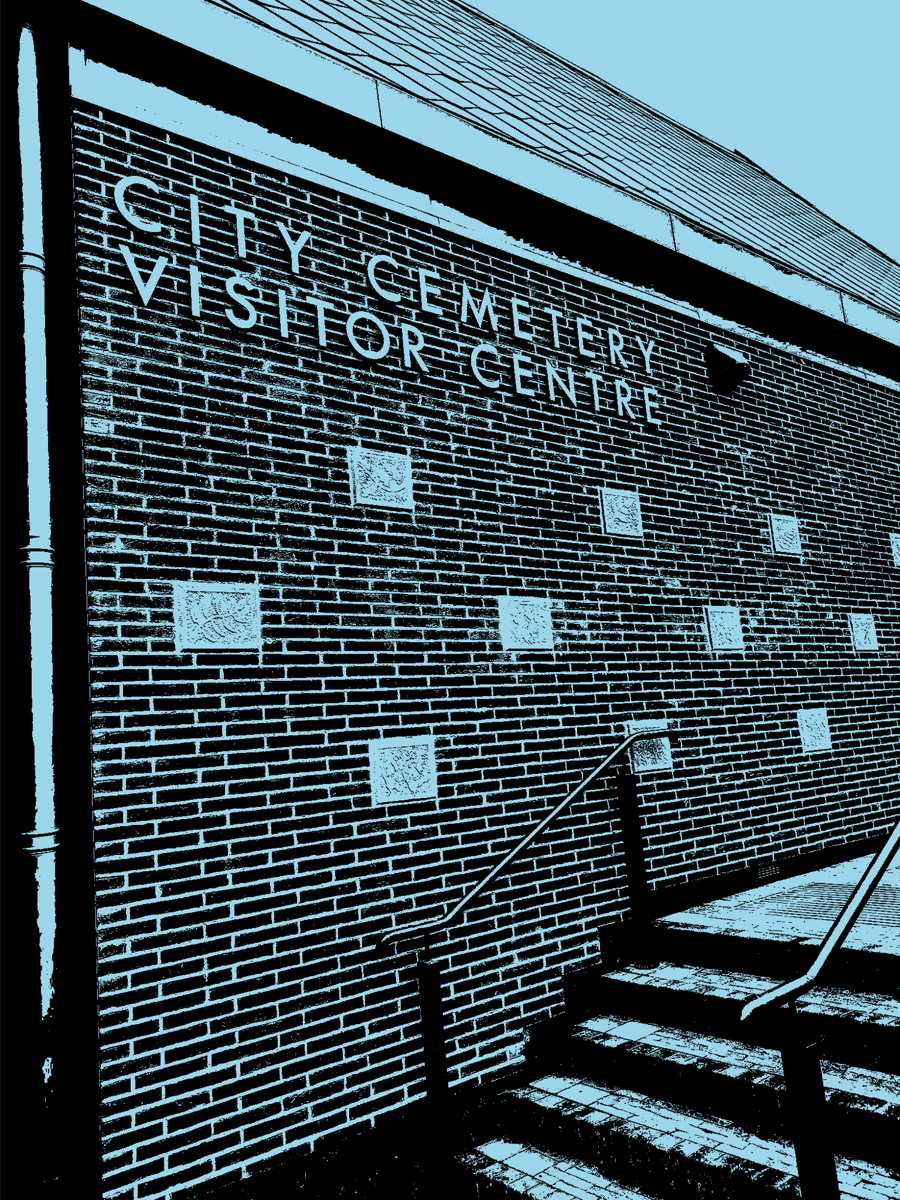An litir dhearg
Bí ar an eolas! Faigh ár nuachtlitir le bheith suas chun dáta leis na feachtais ar fad.

The past few weeks have been an absolute whirlwind in the ongoing fight for Irish language rights in the north; if you had told me this time last year that we’d have a reference to language legislation in the Queen’s speech, that we would have held the largest Irish language rally of a generation and that the NDNA language legislation would begin its legislative journey through Westminster all within 6 weeks of each other, I probably wouldn’t have believed you.
And I would be well within my right; our painful experience over the last 16 years has reduced any remaining sense of optimism that we had. In the aftermath of the new era of equality promised to our community under the Good Friday Agreement, what has materialised tells a very different story. Resolute inaction and hostility on the part of the state have long facilitated the ongoing exclusion and marginalisation of the Irish language community here, to the point where we have consistently had to justify our very existence.
We are viewed and treated as nothing more than a public nuisance when requesting services in Irish, which more often than not, is followed by a sense of dominant language-privilege; “why do you need it in Irish if you can understand English? We have had to falsify the myths and scaremongering tactics which have attempted to undermine our ongoing campaign for language rights; Irish will be forced upon everyone. No-one speaks Irish here. Or a personal favourite of mine- it’ll cost too much money.
And it is on the latter that I decided to write this short piece. Cost. We are often made aware of the burden of Irish language costs, but seldom reminded of the cost impact of the state’s ignorance towards the Irish language and its community. The most recent example can be found in Belfast City Council’s decision to ignore community demands for bilingual signage and interactive tools within their £3 million project in the heart of Ceathrú Ghaeltachta Iarthar Bhéal Feirste.
Signage was planned and then later erected in English-only, an action which understandably sparked widespread condemnation across the community. Following a brief social media campaign, the Council agreed to take immediate action and to erect interim Irish language signage until the permanent signs were ready. Result.
However these are two costs which would not have been incurred had the initial demands from the community been listened to, or had the Council adopted an Irish language policy which would set out a clear framework regarding Council signage, branding and logos.
Is it good enough that the Irish language community, taxpayers, are still facilitating their own exclusion? Is it good enough that the Irish language community effectively had to drag their local Council kicking and screaming to fulfil the aims of their very own Languages Strategy? No.
This incident is not the first and it certainly won’t be the last; it makes a strong case that authorities should not and cannot be reactive in their approach to language promotion any longer. Those days are gone. We expect more. We deserve more. The state must play an active role in celebrating, protecting and facilitating use of the Irish language so that the days of see no Irish, hear no Irish, speak no Irish are a thing of the past.
Cluintear an Ghaeilge. Feictear an Ghaeilge. Labhraítear an Ghaeilge!
Bí ar an eolas! Faigh ár nuachtlitir le bheith suas chun dáta leis na feachtais ar fad.